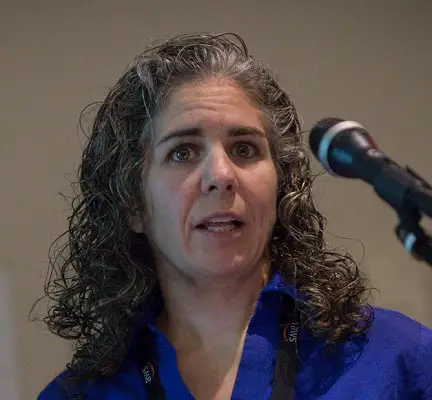Day in the life of
Full Stack Developer – Marcin Stoll

Due to flexible working hours and work from home, my days start at different times, but usually no later than 10 AM. I wake up, fix myself a cup of coffee, do my morning routine, and head to my desk.
For the first hour or so, I usually check my inbox and reply to all emails and Slack messages. I also check my HARO inbox and send a few contributions to the requests I find interesting.
Then, we have a daily meeting with my team. Working in the agile methodology, it’s crucial for us to always stay up to date with what everybody is working on. We discuss the issues that need to be fixed, refer to our product map, and plan an upcoming sprint, and/or brainstorm ideas on the new features to implement.
Afterward, I head to working on software development: I write code, fix issues, analyze the work that has been done. I use the Pomodoro technique, where I intensely concentrate for 25 minutes without any distractions and then take brief 5-minute breaks. I also have a few mentees, so I help them with any issues they have at work.
In the afternoon, I have lunch, do a short 20-minute workout, and attend a bunch of meetings. As a manager in a fast-growing scale-up, I take a lot of interviews with candidates for our open tech positions. Usually, they are scheduled for the second part of the day, so I start my evenings in the company of recruiters and potential new colleagues.
After I’m done with the last meeting at around 6 PM, I check our task dashboards to see how the workflow is going and if we need to pace ourselves a bit and increase the number of issues in progress. I check my emails one last time and close my work laptop.
Cons
Starting with the cons, the most complex challenge is adopting efficient time management. From juniors to seniors, programmers are often packed with work. It’s essential to learn a good work-life balance and prioritize planning.
Another challenge for many is hours and hours on end spent at the desk. To avoid back pain and sore eyes, it’s a good idea to think about taking regular breaks, investing in a standing table, and practicing sport regularly.
Finally, due to the fast development of technology, many can experience a lot of pressure to perform extra well as a programmer keeping up to date with everything.
Pros
The pros are, of course, compelling. I love this job for the abundance of opportunities to make an impact – you are building the technology and the future. You are the future, in a sense. Software development means changing the world, one code line at a time. Making such a vast impact also requires you to grow and constantly develop, which is another great advantage.
I also appreciate the flexibility it gives me: I work wherever and whenever I want, and as soon as I get the job done, I am accomplished, no matter how much time I spend at the desk. The tech industry often offers excellent benefits, too: a personal desk setup, a gym card, private medical insurance, and other perks add to the overall experience.
Finally, it’s not news that the pay is good in this industry. Doing what I love and getting good money for it is one of the greatest gifts I could ever hope for.



